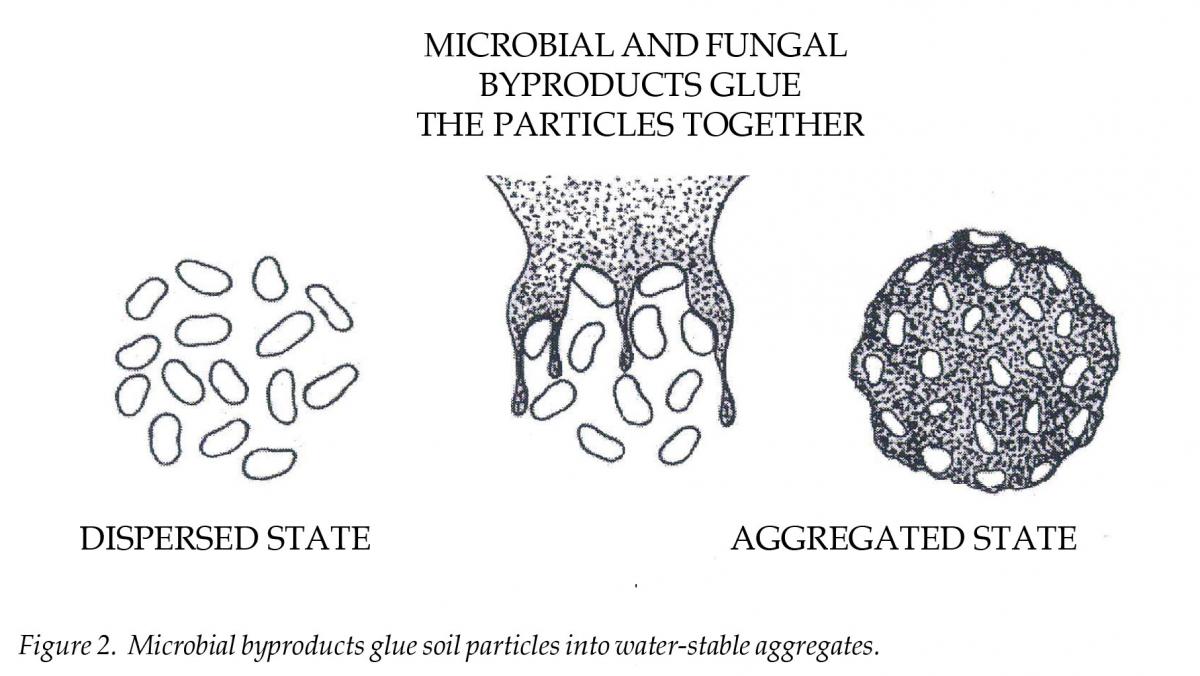The 2018 Nebraska Extension NebGuide, Nutrient Management in Organic Farming (G2295), provides guidance on nutrient management for certified organic crop production. It also has information valuable to conventional production, including content and availability of nutrients from various manure sources, composting, non-traditional biofertilizer products, and crop rotation suggestions. More detailed information on individual topics referenced in this NebGuide are available in the following publications:
- Software for Manure Management Planning and Whole Farm Nutrient Balance Calculations
- Soil Management for Increased Soil Organic Matter (NebGuide G2283)
- Management Strategies To Reduce The Rate Of Soil Acidification (Nebguide G1503)
- Management to Minimize and Reduce Soil Compaction (Nebguide G896)
- Manure Testing for Nutrient Content (NebGuide G1450)
- Determining Crop Available Nutrients from Manure (Nebguide G1335)
- Composting Manure and Other Organic Materials (NebGuide G1315)
- Nutrient Management for Agronomic Crops in Nebraska (Nebraska Circular EC155)
- Fertilizer Suggestions for Corn (Nebraska Circular EC117)
- Estimating Plant-Available Nitrogen Release from Cover Crops (PNW 636)
- Sampling for Plant Tissue Analysis (NMSU ACES Guide A-123)
- USDA NRCS Soil Quality Test Kit
Compendium of Research Reports on Use of Non-Traditional Materials for Crop Production
Evaluations of many biofertilizers and other non-traditional soil additives are searchable in this online database developed by Iowa State University. For example, searches for “soil inoculant,” “Azospirillum,” “fungal or VAM,” and "fish" retrieved 24, 5, 9, and 8 studies, respectively.
Building Soils for Better Crops
The third edition of SARE’s “Building Soils for Better Crops” by Fred Magdoff and Harold van Es includes effective management strategies to maintain soil organic matter using primarily on-farm, internal resources. The book details how fertility management can accompany appropriate crop and cover crop choices that influence soil structure and soil health, and also how to interpret soil test results for cost-effective soil fertility management.

Feeding the Soil
"Basic Concepts in Nutrient Management for Organic Farming” by Jonathan Deenik of the University of Hawaii covers “feeding the soil,” nutrient deficiencies and soil tests.

ATTRA’s Sustainable Soil Management Soil Systems Guide
"Sustainable Soil Management Soil Systems Guide” Understanding the principles by which native soils function can help farmers develop and maintain productive and profitable soil both now and for future generations. The soil, the environment, and farm condition benefit when the soil’s natural productivity is managed in a sustainable way. Reliance on purchased inputs declines year by year, while land value and income potential increase. Some of the things we spend money on can be done by the natural process itself for little or nothing. Good soil management produces crops and animals that are healthier, less susceptible to disease, and more productive.
